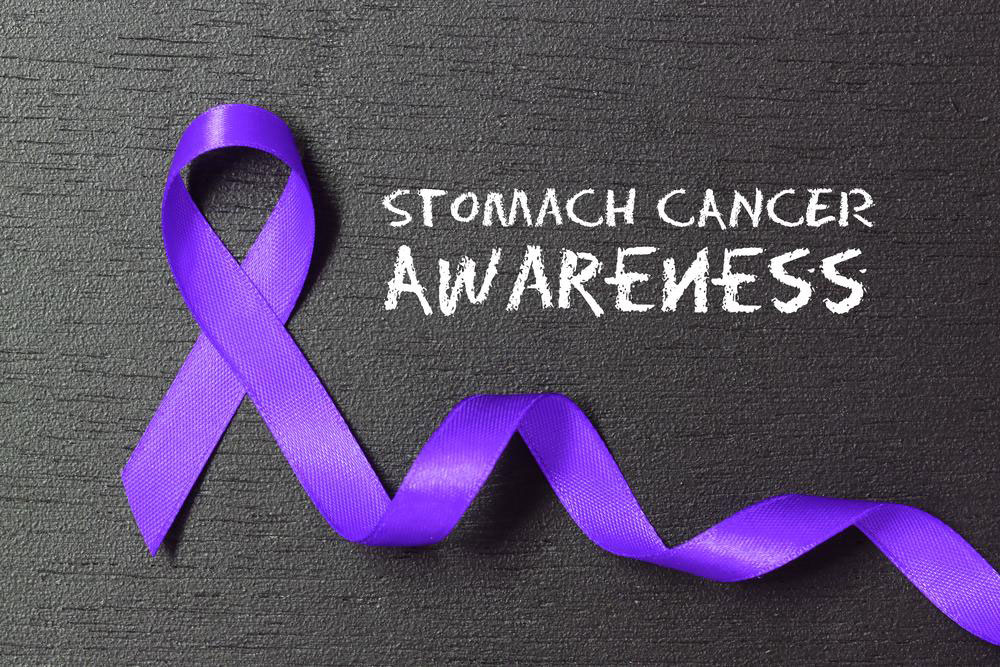Stomach Cancer, symptoms you should be aware of

Cancer that develops in the inner lining of the stomach is known as stomach cancer. This type of cancer is also known as gastric cancer and has a very slow growth rate. If its symptoms are identified in the early stages, there is a higher chance of successfully treating the condition. Though the exact cause of stomach cancer is not known, some known factors can increase a person’s risk of developing stomach cancer.
Risk factors
Bacterial infections caused by H.pylori
Gastritis
Persistent anaemia and polyp growth in the stomach lining
Smoking
Obesity
Epstein barr viral infection
Working in the metal, wood, coal or rubber industry
Asbestos exposure
Having type A blood
Genetic influences
Diet with a high salt content
Symptoms
Some of the early stomach cancer symptoms include:
Indigestion
Bloating after eating
Heartburn
Nausea
Loss of appetite
As the tumors grow in size the symptoms of stomach cancer begin to include:
Pain in the abdomen
Noticeable presence of blood in the stool
Vomiting
Unexplained weight loss
Trouble swallowing
Jaundiced skin and eyes
Abdominal swelling
Constipation
Diarrhoea
Fatigue
heartburn
If a doctor suspects stomach cancer as a result of these symptoms, he may ask for a few tests to confirm his diagnosis. These include blood tests, an upper endoscopy, CT scan, Upper GI series test and a biopsy.
Treatment options
The treatment for this disease depends on your age, overall health, stage of cancer, and how long you have been experiencing these symptoms. The most common forms of stomach cancer treatment include:
Surgery: This involves removing part of the stomach and nearby tissues that are infected with the cancer cells. In advanced stages of stomach cancer, the doctor may need to remove your entire stomach. In some cases, a stent may also need to be put in to keep the stomach pathways open.
Chemotherapy: Chemotherapy can be given orally or through injectable medication. This type of medication attacks the cancer cells and keeps them from spreading. This process of treatment can take several weeks and may have a number of side effects.
Radiation: In this form of treatment, high energy rays or waves are directed to the cancer cells to kill the cells and shrink the tumors.
Chemoradiation: When chemotherapy and radiation are used together to shrink cancer tumors, it is known as Chemoradiation.
Targeted drugs: Chemotherapy and radiation destroy not only the cancer cells but also the surrounding healthy cells. On the other hand targeted drugs attack only the cancer cells and hence have fewer side effects. Eating a diet rich in fruits and vegetables can help lower your risk of stomach cancer. Also avoid eating salty or pickled foods. Treating ulcers resulting from H.pylori infections in its early stages can also help lower the risk of stomach cancer.

